
For the past two years, photographer Smita Sharma has been documenting the survivors of sexual assault in India. According to the National Crime Records Bureau, registered cases of Rape in India rose from 22,000 in 2010 to over 36,000 in 2014. That is more than a 30% increase in five years.
Smita’s connection to the topic is deeply personal. As a teenager she says she was molested by a tutor, an event she kept largely to herself until in 2011 when, according to Smita, her 13-year-old cousin Kamalika Das was molested by a boy in her class. After complaining about the incident, Kamalika felt victimized and bullied by her school. She committed suicide in 2015.
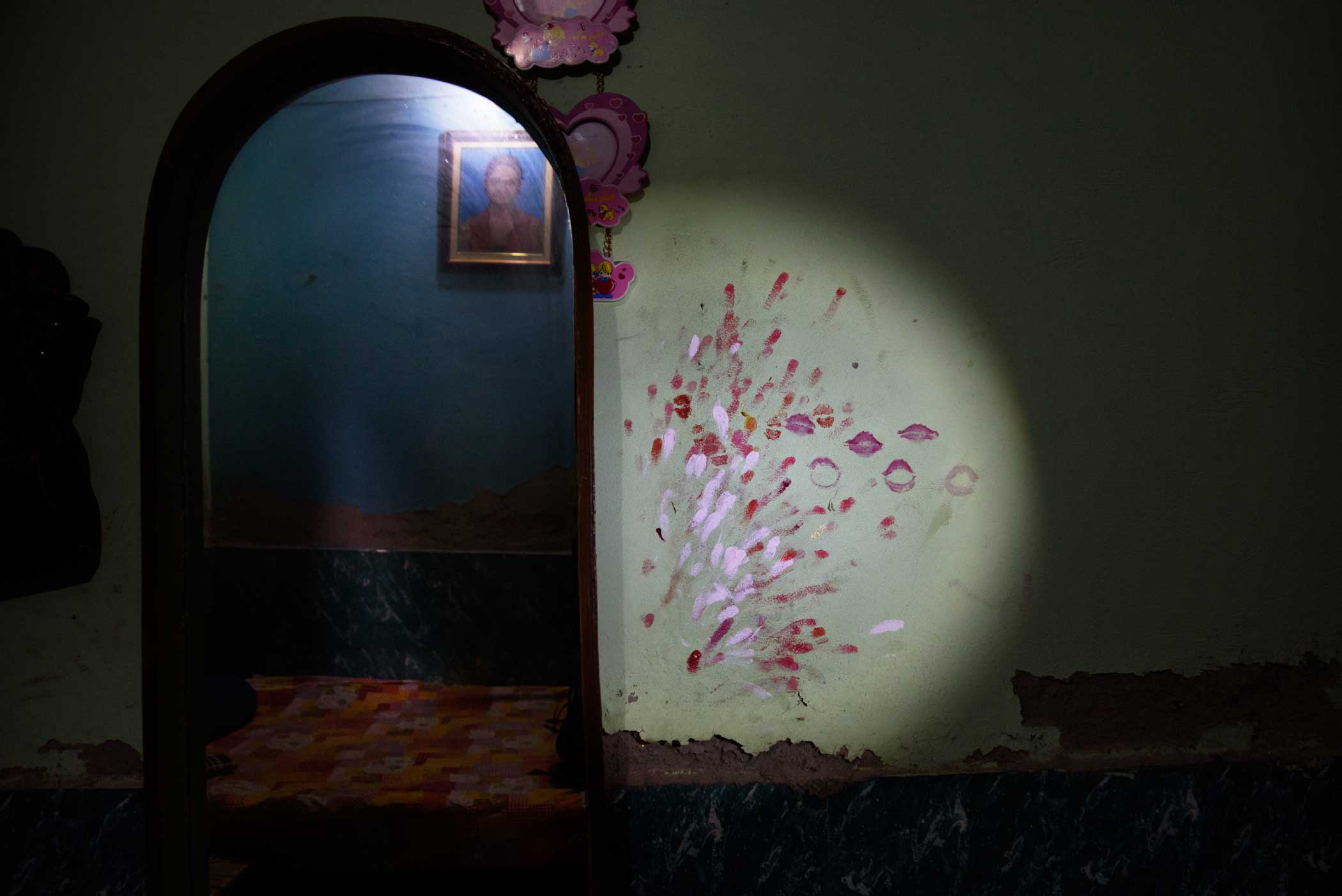
Her cousin’s death motivated Smita to turn her full attention to the project. She has since uncovered “a silent language of tolerance” in India. “In the media, there are reports about rape. But it’s always the details. Who, where, what. But I felt there was no empathy. No one knew what happened to the girls after the crime.”
Over the past two years Smita has traveled her home country, interviewing and photographing 42 victims and families affected by sexual assault. She estimates she has traveled over 5,000 miles to reach her subjects, some of who live in rural areas that can be challenging to reach.
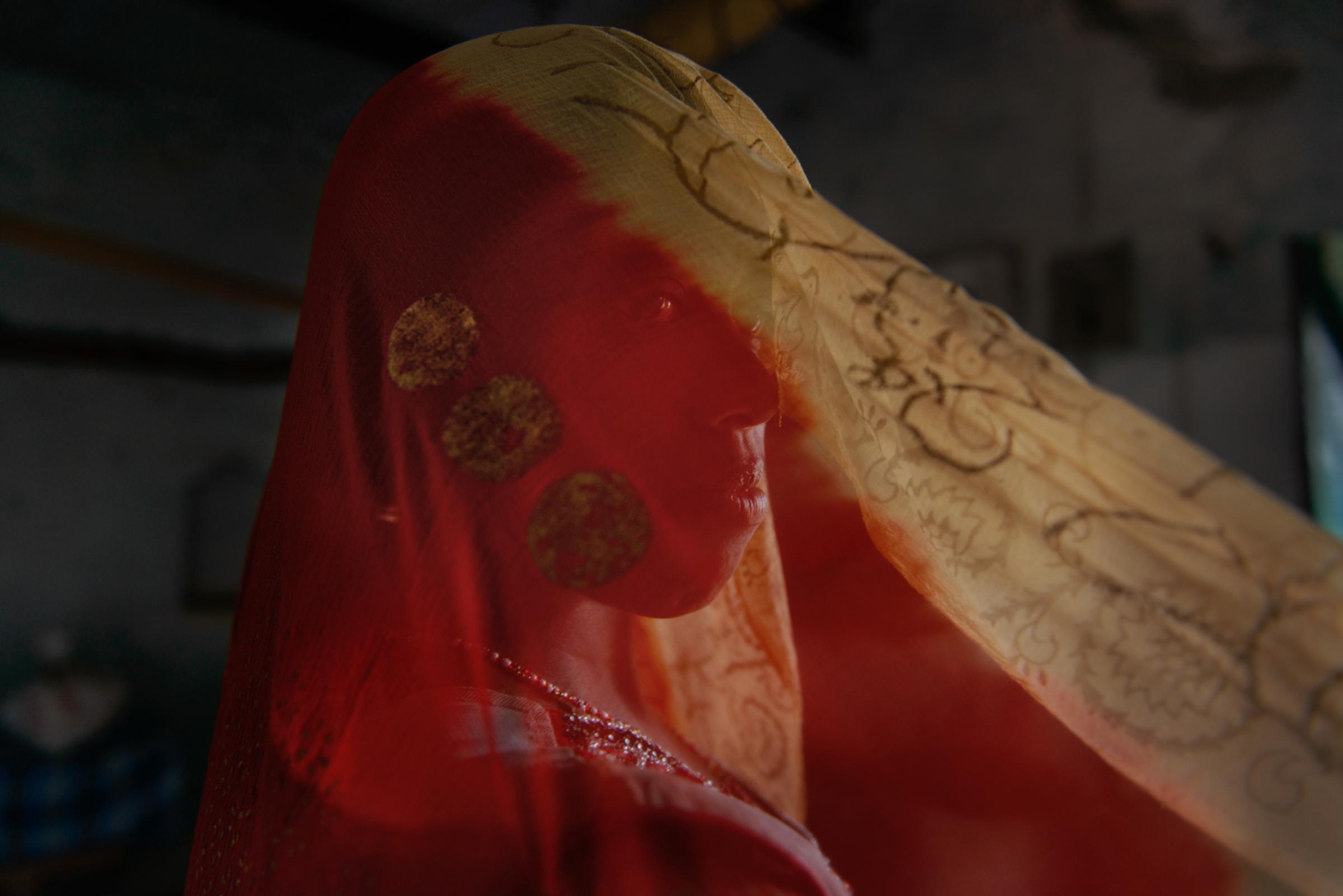
To protect the identities of her subject’s, Smita kept the faces of her subjects largely in shadow and replaced their names with pseudonyms. She developed a series of tricks to maintain anonymity. She often shot in unlit rooms, using only window light or a small continuous light to illuminate the subject’s profile. At times she photographed through found objects ranging from saran wrap to a cup of tea given to her by one of the girl’s families.
Smita found one source of the issue in areas of India where there are far more males than females. This is in part the result of female foeticide, the illegal practice of aborting female fetuses. According to the 2011 Census in India, there are 940 females per 1,000 males. The problem is highlighted in areas such as the state of Haryana where there are only 877 females per 1,000 males.
“In those societies the males are brought up as if they are kings. They are not brought up to respect women. I went to a part of northern india. I noticed the boys and girls were sitting in different rows. I asked a seven-year-old boy and he said, “’The girls are inferior to us, why should we sit with them?’ The mindset needs to be changed.”
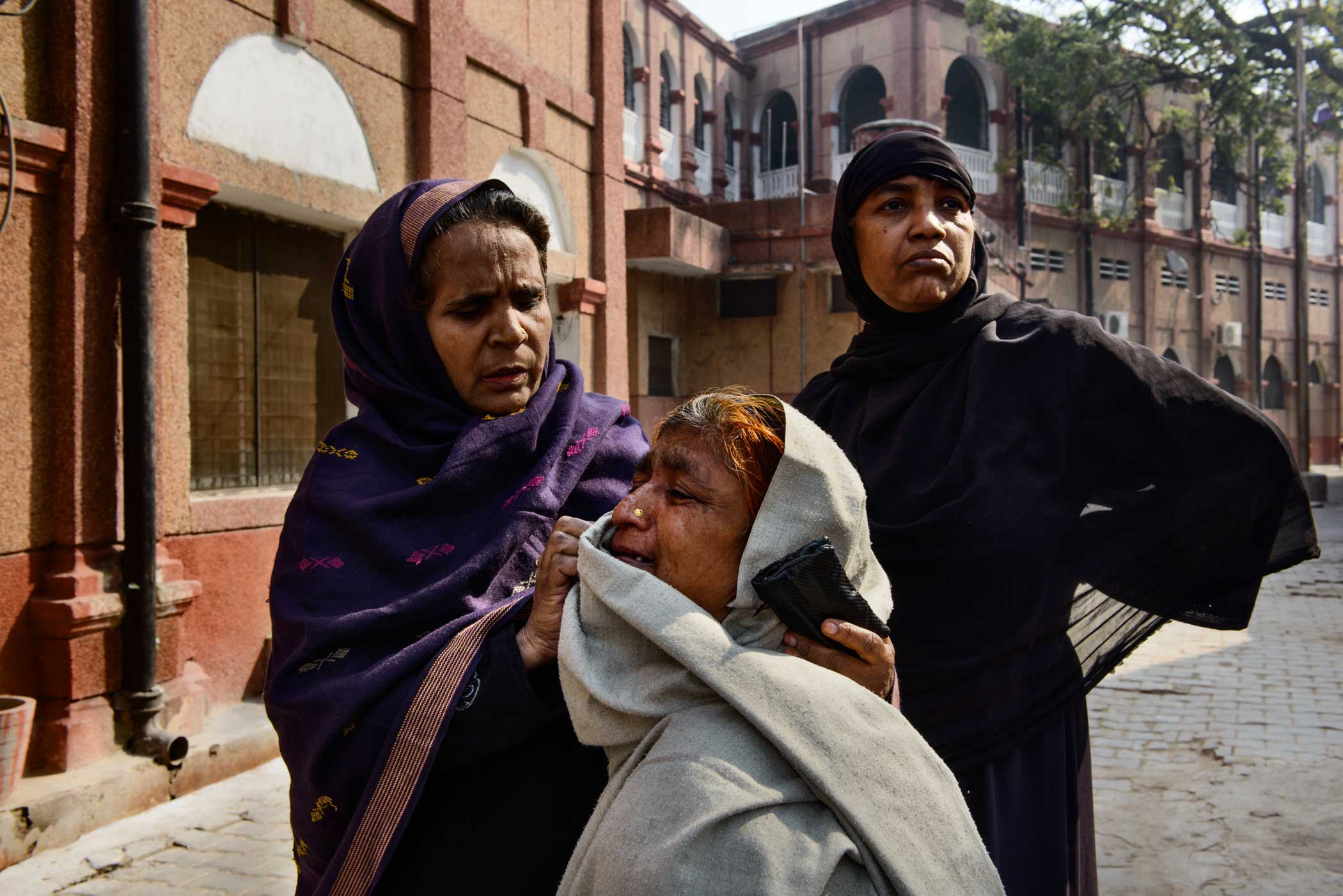
In addition to males, Smita believes women in India also need to be further educated about these issues. “They don’t even realize it,” she says. “It has nothing to do with their education or where they come from. Often women felt that if you wear loose clothing you are called a loose woman, [you] don’t have good moral character.”
India’s politicians have also run into trouble on a number of occasions. In 2012, Congress leader Sriprakash Jaiswal – the coal minister at that point – compared cricket victories to wives, saying, as time passes, both get old and become “not as fun as [they] used to be.”
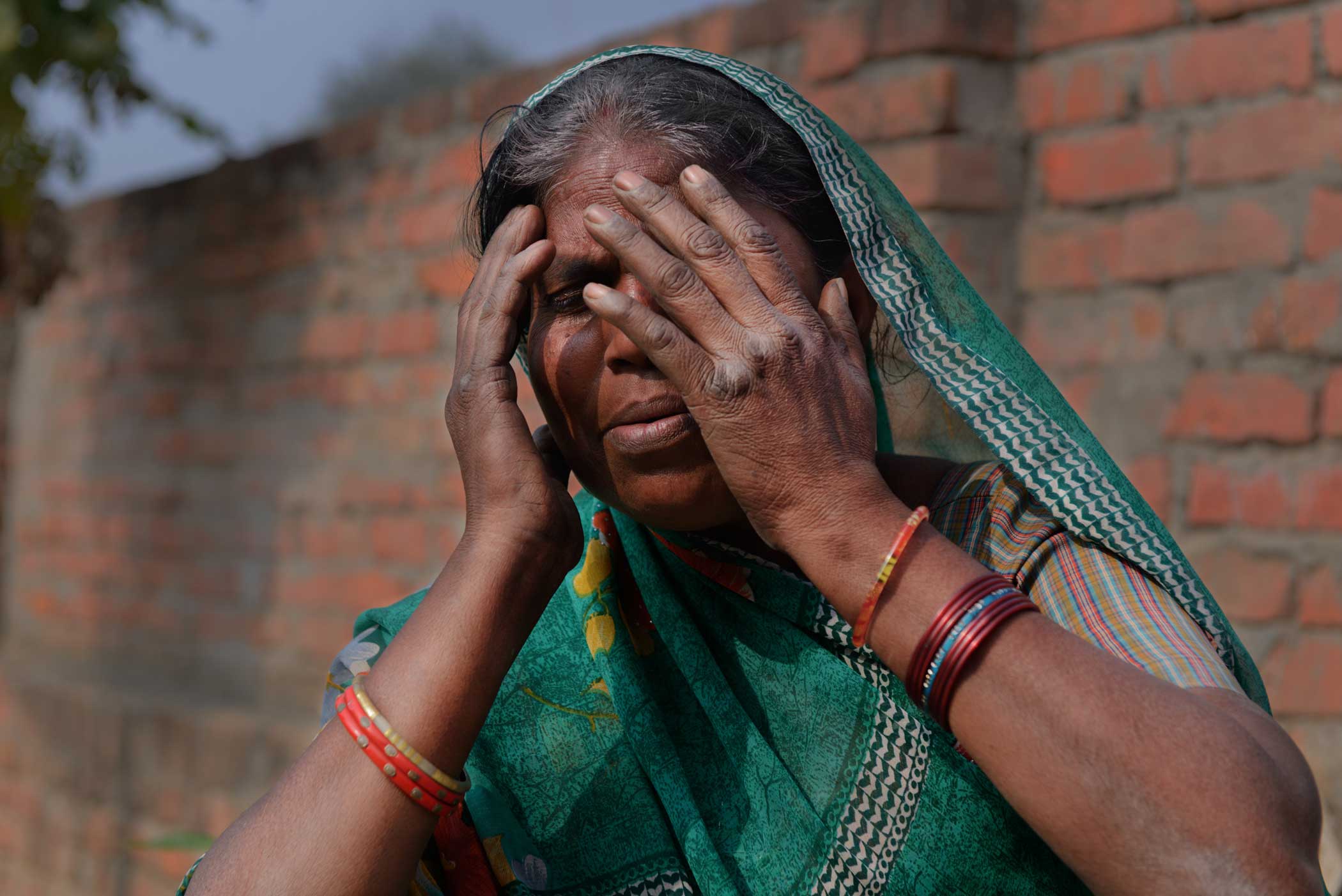
Even Prime Minister Narendra Modi ran into trouble in 2015 while congratulating Bangladeshi Prime Minister Sheikh Hasina on having zero tolerance for terrorism “despite being a woman.”
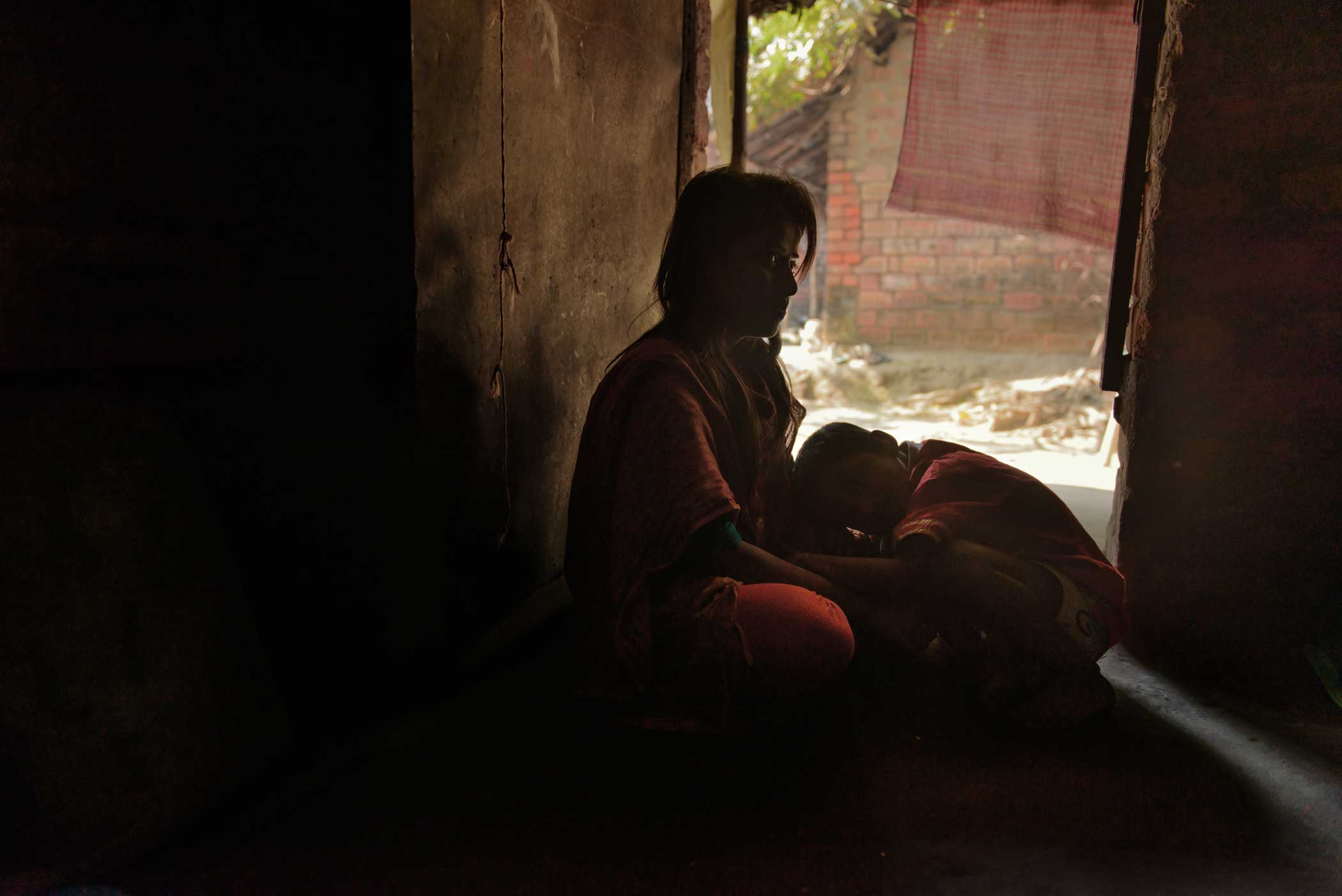
Smita continues to work on the project. “This is a mission, and probably something I will work on for the rest of my life.” Her work was recently shown at the CSW Youth Forum at the United Nations in New York and she continues to document victims stories. She is also working alongside West Bengal Police in their campaign “Swayangsiddha,” documenting sex trafficking across India.
Smita Sharma is a documentary photographer based in Delhi and New York City. Follow her on Instagram and Twitter.
Josh Raab is a Multimedia editor at TIME. Follow him on Instagram and Twitter.
More Must-Reads from TIME
- Donald Trump Is TIME's 2024 Person of the Year
- Why We Chose Trump as Person of the Year
- Is Intermittent Fasting Good or Bad for You?
- The 100 Must-Read Books of 2024
- The 20 Best Christmas TV Episodes
- Column: If Optimism Feels Ridiculous Now, Try Hope
- The Future of Climate Action Is Trade Policy
- Merle Bombardieri Is Helping People Make the Baby Decision
Contact us at letters@time.com